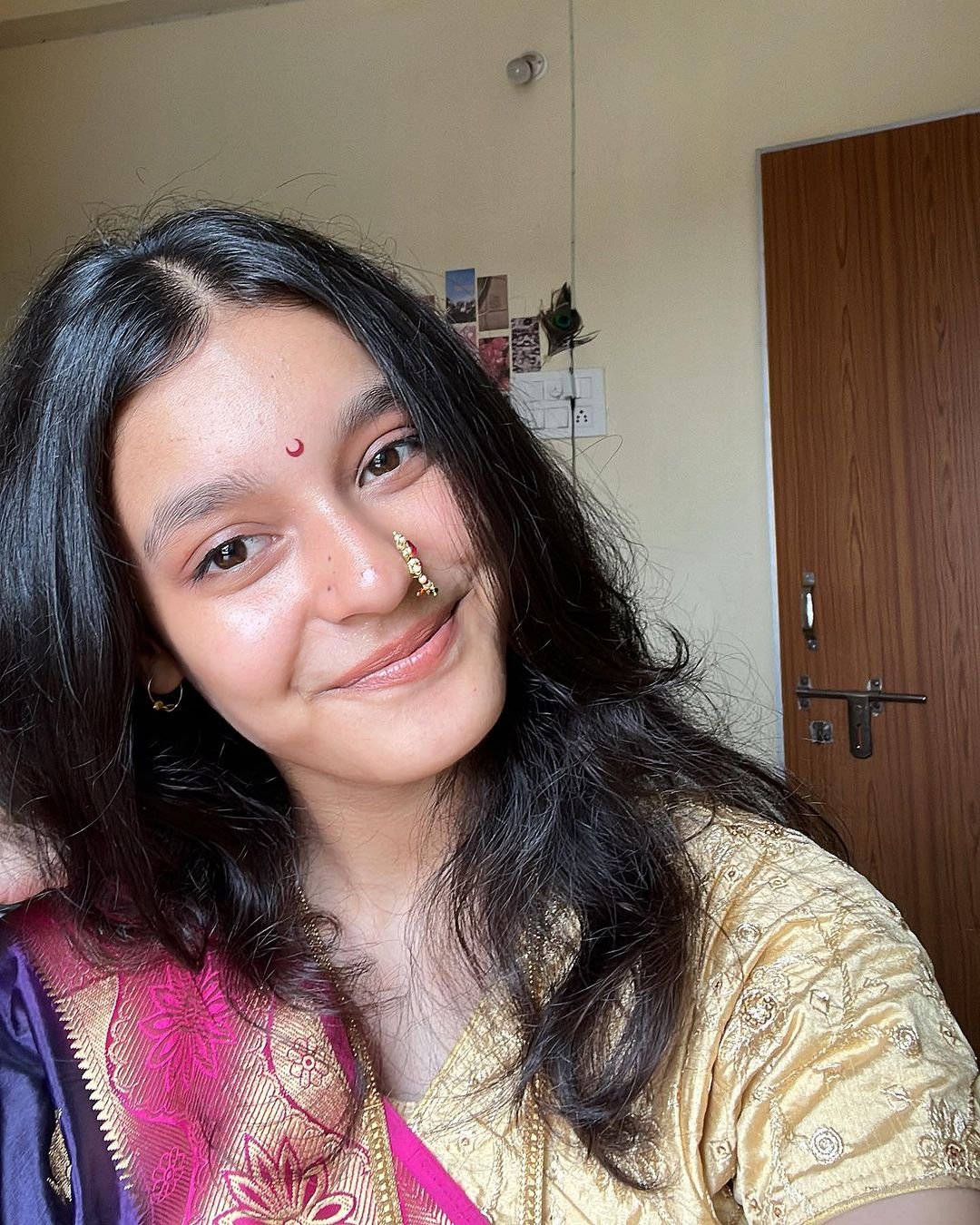Subhashree Sahu: Viral Video & MMS Controversy - What You Need To Know
Is online privacy a forgotten right in the age of virality? The recent dissemination of a video labeled "Subhashree Sahu viral MMS" serves as a stark reminder of the vulnerabilities inherent in our digital lives and the profound impact such incidents can have on individuals.
The digital landscape, often celebrated for its connectivity and ease of information sharing, can also be a breeding ground for exploitation and the erosion of personal boundaries. This particular incident has ignited a firestorm of debate, prompting critical examination of the ethical and legal frameworks that govern online content, as well as the societal attitudes that either contribute to or mitigate the harm inflicted by such occurrences. The video, which quickly gained traction across multiple social media platforms, has become a focal point of discussions about consent, privacy, and the responsibility of both individuals and tech platforms in safeguarding personal information.
The viral nature of the "Subhashree Sahu viral MMS" video underscores the speed and reach with which intimate content can spread in the digital age. Such rapid dissemination raises significant concerns about the potential for reputational damage, emotional distress, and even legal repercussions for those involved. Furthermore, it necessitates a thorough assessment of the legal and social dimensions of digital privacy, highlighting the urgent need for stronger protections and more comprehensive awareness campaigns.
| Category | Details |
|---|---|
| Name | Subhashree Sahu |
| Known For | Digital Content Creation, Presence on Social Media (Instagram, etc.) |
| Age (as of this analysis) | Approximately 17 years old (as stated in the provided context) |
| Location | Odisha, India |
| Activity on Platforms | Active on Replit, Codepen, Instagram, and potentially other platforms, creating digital content and engaging with followers. |
| Recent Controversy | Involved in a viral video (MMS) leak, sparking discussions about privacy, ethics, and digital content's impact on personal lives. |
| Website Reference | Example Profile Link (Replace with a relevant authentic source if available) |
The incident has cast a spotlight on the challenges faced by digital content creators, particularly young individuals, in navigating the complexities of online platforms. The swift spread of the video highlights the urgent need for more robust mechanisms to protect individual privacy and curb the proliferation of unauthorized content. The conversations that have emerged in its wake touch upon crucial facets of digital citizenship, including the importance of consent, the repercussions of sharing intimate content without consent, and the legal ramifications of such actions.
The narrative around the Subhashree Sahu viral MMS is further complicated by the persistent questions about the video's authenticity and the potential motivations behind its creation and distribution. Such uncertainty underscores the importance of critical thinking and skepticism when encountering content online, urging individuals to carefully evaluate sources and be mindful of the potential for misinformation and manipulation. Moreover, this necessitates a deeper examination of the digital ecosystem, where the ease of creating and sharing content can often eclipse the need for privacy protections.
The Subhashree Sahu case is not an isolated incident; it reflects a broader trend of unauthorized sharing of intimate content, often referred to as "revenge porn" or "non-consensual pornography." Such actions not only cause severe emotional distress and psychological trauma but also violate fundamental human rights. The legal system and social platforms are constantly grappling with the challenge of adequately addressing these issues, highlighting the critical need for more effective legislation, enforcement, and collaborative initiatives to provide support to victims and prevent future occurrences.
In 2022, a similar scandal, the "Subhashree Sahu mms scandal," rocked the Indian entertainment industry. This event served as a stark reminder of the potential consequences of digital vulnerability, emphasizing the vital need for heightened awareness and stringent measures to protect personal privacy. This earlier scandal prompted important dialogues about digital privacy, the importance of consent, and the devastating impacts of such privacy invasions on victims lives.
The proliferation of this content is often facilitated by the very technologies and social media platforms that are designed to connect and inform. The speed with which such videos can be recorded, shared, and disseminated online has created a culture of fear and vulnerability. Individuals, particularly women, find themselves at increased risk. This unsettling reality demands a comprehensive approach involving technological advancements, legal reforms, and cultural shifts to address the root causes and mitigating factors.
This scenario demands a critical examination of the legal, social, and psychological ramifications. A thorough investigation should analyze the role of technology in enabling exploitation, the failures of law enforcement agencies in addressing these issues, and the societal attitudes that condone or perpetuate such violations. Such an analysis is essential to understanding the scope and impact of this digital menace.
The conversations and content surrounding the "Subhashree Sahu viral MMS" video underscore the vital importance of addressing digital privacy and consent issues. By understanding the legal and psychological implications, separating fact from fiction, and fostering a more compassionate society, we can begin to tackle these critical challenges and protect vulnerable individuals.
The controversy began when an MMS video, purportedly featuring Subhashree Sahu, surfaced online and rapidly spread across multiple social media platforms. This sparked conversations among fans and critics, raising concerns about authenticity and ethical considerations. The contents viral spread has raised questions regarding the responsibility of social media platforms, the role of digital content creators, and the legal ramifications of unauthorized distribution.
The digital content creator, Subhashree Sahu, faced a serious issue when her Instagram account was unexpectedly banned. Attempts to restore her account led to a request for a payment of 50k from her boyfriend, highlighting the potential for exploitation and the complexities of online security. This instance illustrates the vulnerability of content creators and the need for enhanced security measures.
The Subhashree Sahu viral MMS is linked to discussions across online platforms. These discussions and speculation have highlighted concerns about privacy, consent, and the ethical responsibilities of digital content creators and social media users. The incident has also prompted users to be more critical of content and to question its origins and authenticity.
Subhashree Sahu, a young digital content creator, has recently found herself at the center of attention after a leaked video, referred to as an "MMS," circulated rapidly on social media platforms. This has led to a significant increase in discussions, engagement, and interest from her followers and others online. This has sparked conversations about the importance of transparency, legal protection, and mental resilience in the face of personal and public crises.
Despite the invasion of her privacy, Subhashree Sahu has handled the situation with dignity and strength, ensuring her reputation remains intact. This resilience underscores the need for robust support systems for victims and a greater emphasis on mental health resources for those affected by such digital violations. The digital storm surrounding her underscores the need for proactive measures to prevent such incidents and to support those affected by them.
Subhashree Sahu found herself at the epicenter of a digital storm when alleged MMS videos of her went viral. This incident sparked widespread controversy, raising important questions about privacy, ethics, and the role of digital platforms in contemporary society. It emphasizes the urgent need for more effective legislation, robust platform moderation, and heightened public awareness regarding the risks associated with online content.
The controversy continues to unfold, with the publics attention being drawn to the implications of digital privacy and the ethical considerations surrounding the distribution and viewing of private content. The situation highlights the need for a collective effort to address the vulnerabilities of individuals in the digital world and to ensure greater safety and respect for personal boundaries. It also requires a comprehensive approach that includes technology, law, and education to mitigate the potential for harm and provide support to those affected.
Subhashree Sahu, a resident of Odisha, is now at the center of attention due to the leak of her private video, which has gone viral across several social media platforms. This unfortunate event has triggered widespread outrage and concern, emphasizing the need for proactive measures to protect individuals digital privacy and for social media platforms to be more responsible for the content shared on their networks.
The incident serves as a crucial reminder of the responsibility of social media platforms to effectively moderate content and address privacy breaches. It has also encouraged the public to consider the potential harm that can arise from the spread of such sensitive content. By understanding the legal and psychological implications, separating fact from fiction, and promoting a more compassionate society, it is possible to contribute to a more informed and responsible use of technology.



